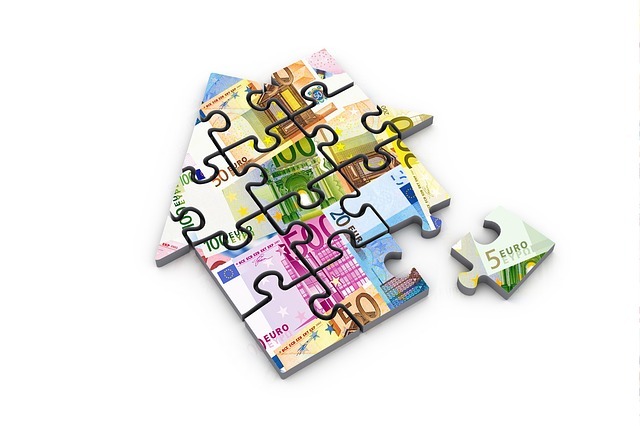Knowing how to manage your finances is one of the most important skills you will need to have. One of the key aspects of it is figuring out how to live debt-free and minimize the debt you already have. Here are some of the ways to minimize your debt.

1. Handling Your Mortgages
Most people live some of their life in debt and a house mortgage is one of the most common reasons. Few of the ways to handle it better can be:
- Aligning your mortgage with income – For example, if you get fortnightly make your mortgage payment fortnightly as well. This cuts down on the interest to be paid.
- Frequent lumpsum payments – When you get a work bonus, make money off of investments or get tax refunds, consider putting that money into your mortgage payment as it can cut months off the loan term.
- Offset your loans with a savings account – The amount in your savings account earns an interest rate same as the mortgage repayment. This amount is then subtracted from your mortgage repayment. For example, if you had $50,000 in your savings account and your loan is on $200,000, then you pay interest only on the remaining $150,000.
- Frequent mortgage health checks – The loan that you took might not be the best fit currently, the interest rates may change drastically, in such a case you should look into refinancing the loan with the same or different lender.
2. Credit Card Debt
A lot of people choose to use credit cards for their day-to-day payments. This might lead to lavish spendings which means paying something off days after it is gone. Some of the ways to improve credit card behavior can be:
- Get rid of any more than two credit cards, you don’t need that many of them.
- Pay off the credit cards with the highest interest rates first to lower the burden on yourself. Do not use them until you pay the entire amount due.
- Develop a habit of paying for day-to-day purchases with cash, you shouldn’t be paying interest on the bottle of milk you buy!
3. Lifestyle
There are several things which can help you live a debt worry-free life but they have to be slowly introduced in your lifestyle.
- Save a fixed amount from your income – This can make sure you are saving some amount of money fortnightly and might ensure you do not enter the dreaded red line of debt overload. If you are unsure of keeping track of this, you can ask your bank to deduct this amount from your paycheck.
- Make a monthly budget tracker – You can make a chart with the expected budget for the coming month and then compare this with the actual budget chart at the end of the month. Reflection on what went wrong might help in the coming months.
- Avoid impulse buying – Ask yourself several times, “Do I actually need to have this?”. Also, prepare yourself for “ON SALE” situations, the offer isn’t that attractive if you never needed the product.
- Buy groceries at the supermarket – It is a well-known fact that wholesalers and supermarkets sell groceries for cheaper than convenience stores. Make sure you make a list of the month’s groceries and get them at the supermarket at once rather than buying them at odd times from convenience stores which cost way more for the same products just because you weren’t organised enough.
Final Thoughts
These are some of the most common reasons for people to go into debt. If you know how to deal with managing your finances in these areas of your lives, then there are high chances of you not accumulating debt.
Leave a Reply